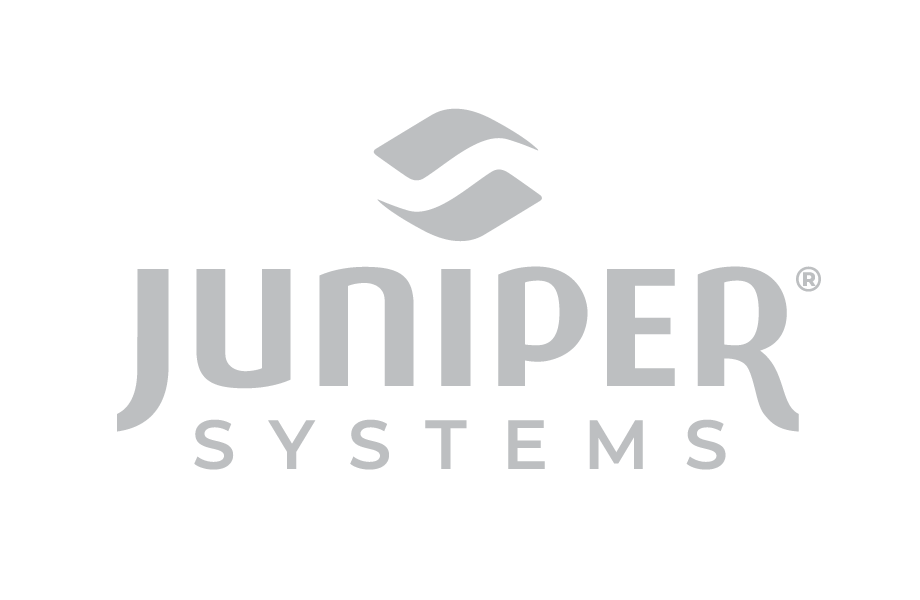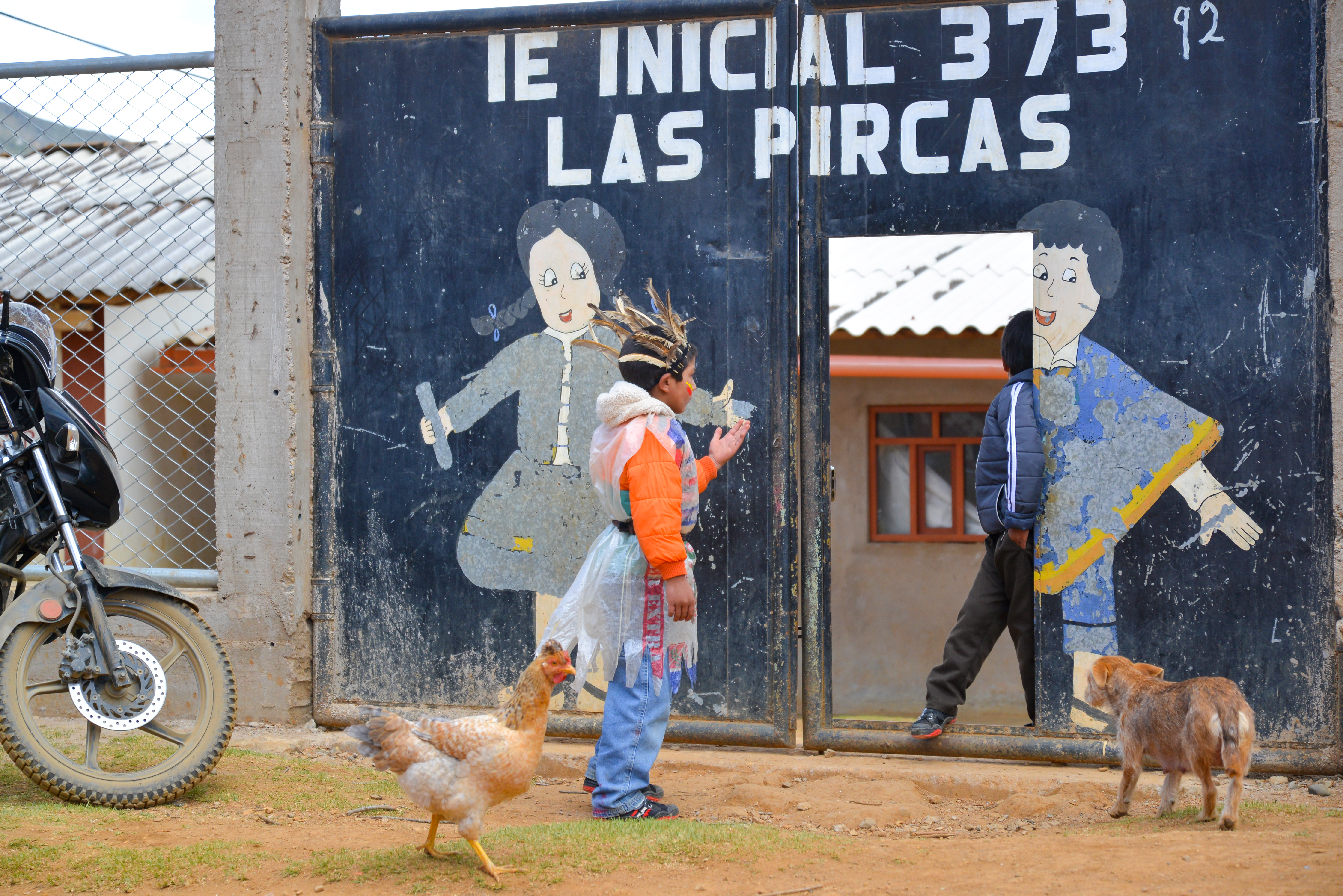
The tiny mountain village of Las Pircas is a long way from Logan, Utah – the home of Juniper Systems.
There are at least a couple lengthy flights, an eight-hour stomach-churning drive on battered dirt roads, and 3,800 miles as the crow flies between the 70 or so families that populate Las Pircas and the employees at Juniper Systems.
Juniper Systems this year made a sizable donation to Utah-based non-profit Choice Humanitarian. Months after contacting the non-profit, five employees and their spouses landed in Peru, destined for a dry mountain plateau nestled 10,200 feet above sea level and hours from the nearest city.
In total, Juniper Systems sponsored 10 people for the humanitarian trip.
“I really feel that opportunities for Juniper Systems employees to participate in these expeditions builds a strong culture for us,” Juniper Systems CEO DeVon Labrum said. “Our employees get to see beyond ourselves – to see how a little effort on our part can make a huge difference to someone else.”
The city of Piura, the capital of the Piura Region, served as the group’s base camp after they landed on Oct. 13 at the region’s central airport, which consists of a single runway. A day after landing, Juniper Systems employees jetted off in vans. The vans – locally called combis – toured projects Juniper Systems had helped fund.
The projects varied from new community gardens to garlic and trout farms.
One group of women once ridiculed by the men in their village for stunted efforts to raise and sell ducks – now run a successful duck farm, ushering unseen income sources to their village. The men now earnestly approve of the duck farm. Choice Humanitarian taught the women enhanced farming practices and provided resources that ultimately lead to the project’s success.
“It changed the hearts of the men,” Juniper Systems marketing director Kirk Earl said. “They’re all on board. It empowered these women and set a powerful example for their children.”
For many of those worldwide impacted by Choice Humanitarian projects, the benefits go far beyond additional money and resources for the village. These projects give untapped hope, showing the youth a path forward and upward.
“Here’s how you run a business,” Earl said, characterizing the work of Choice Humanitarian. “Here’s how you become a successful entrepreneur. You don’t have to be stuck. There is mobility and opportunity for you.”
“That’s what they value most,” he added.
After touring villages surrounding Piura, the team of volunteers consisting of around 30 people – from dentists to college students – headed up to Las Pircas.

The village of Las Pircas is situated remotely in the Andes Mountains.
The road to Las Pircas is a long, bumpy, and dusty one. Past the mountain bench city of Frias, the closest city to Las Pircas, the washboard dirt road gets jutted, uneven, and sometimes treacherous. But it’s the gateway to mountain villages scattered high in the Andes Mountains. It can take villagers six hours on foot or by donkey to traverse between Frias and Las Pircas. During El Nino years, when warm storm patterns often wash out the road for months at a time, the road can become impassable by vehicle. The small vans on Oct. 14 – however – dusted off the challenge and eventually ushered the team of volunteers to a welcoming sight. “BIENVENIDOS A LAS PIRCAS,” a sign held by scores of villagers read.
Marie Budge – rattled by the long ride and heartened by the greeting committee – almost began to cry.
“I was genuinely touched by how much excitement they had for us, because they didn’t know us,” Budge said.
The whole village danced, smiled, and yelled as the group of strangers with Choice Humanitarian arrived. Choice Humanitarian has spearheaded other efforts in Las Pircas, a community that represents a prime candidate for projects. Choice Humanitarian uses paid in-country teams made up of locals from the region or country to select, execute, and monitor projects like the ones in Las Pircas.
Recent natural disasters abroad have shed light and criticism on humanitarian groups and NGOs that seek to assist communities and regions in need. “Most organizations don’t effectively prepare for long-term sustainability,” Harvard Humanitarian Initiative director Michael VanRooyen said. “In many ways, the NGO community creates an alternate economy, and much of the money is spent on the delivery of emergency services. So, it’s a valid complaint from local residents: ‘Where did all the money go? We don’t have pipes, we don’t have ditches, we don’t have farmland, we don’t have tools.’”
Choice Humanitarian wants to be the exception – and a model for other humanitarian efforts. “We begin with the exit in mind,” the Choice Humanitarian website says. “Our goal is to train community leaders to take ownership of their own development. We work with communities until they are self-sufficient and sustainable, then we exit and they thrive.”
“The impact of Choice Humanitarian efforts is the organization works with community associations and local individuals that have a vested interest in the success of the projects,” Labrum said. “Choice Humanitarian projects interweave local leadership and communal responsibility. It’s one of the reasons Juniper Systems made its largest philanthropic donation to date to the organization.”
The day after Juniper Systems’ volunteers arrived, they were off to work. The whole team joined locals from Las Pircas on a trek to build a new community fish farm. Prior efforts to raise fish in the area faltered until a specialist from Choice Humanitarian taught the villagers updated practices – now, the village is ready to do more.
The story continues below.









Traditionally, Las Pircas is a hand-to-mouth village – where the day’s work provides little more than food and shelter for each family. These projects will allow the village to sell surplus goods. Any extra money, the villagers said, will be used to send their kids to higher education outside of the village.
Away from Las Pircas – after crossing the streams and fences that pepper the mountainous valley – the team worked for two days to dig two 40-foot long trenches that will eventually provide much-needed protein to villagers.
“At first digging moved really fast, but then the ground turned to rocks and clay,” Budge said. “During this back-breaking work, villagers worked side-by-side with us.”
In addition to manual labor, volunteers brought math books, hats, Frisbees, and soccer balls. They helped with a day dedicated to the women and girls of the village, a collaborative effort organized by the non-profit Days for Girls. It taught healthy menstruation practices and provided underwear and reusable pads. They also joined villagers for soccer, songs, and games.
“What they really need – I mean they have good lives already – they really need basic infrastructure, health care, utilities, and transportation,” Earl said. “However, I would say on average they’re happier than we are.”
Juniper Systems process improvement engineer Jordan Allen echoed that sentiment.
“The best part of the trip was the people,” Allen said. “They were smart. They were hardworking. They just needed the opportunity to succeed. The parents, especially, wanted a better life for their kids and opportunities they didn’t have for themselves.”
After five days on the Andean plateau, the volunteers packed up to leave and gave a tearful goodbye before they headed back down to Piura.
“It was incredibly touching to see the hope in their eyes as they realized and understood what this progress meant to them and to their families,” Labrum said. The hope mixed well with happiness that already radiated from the village, he added.
Juniper Systems didn’t feel so far from Las Pircas anymore.
Juniper Systems donates a portion of its profits each year to philanthropic efforts. In 2018, Juniper Systems donated funds to Choice Humanitarian and equipment to Utah State University. In addition, the company created a scholarship fund and supported several other local organizations with small financial contributions.
Learn more about Juniper Systems and its rugged lineup of devices on its website here.

